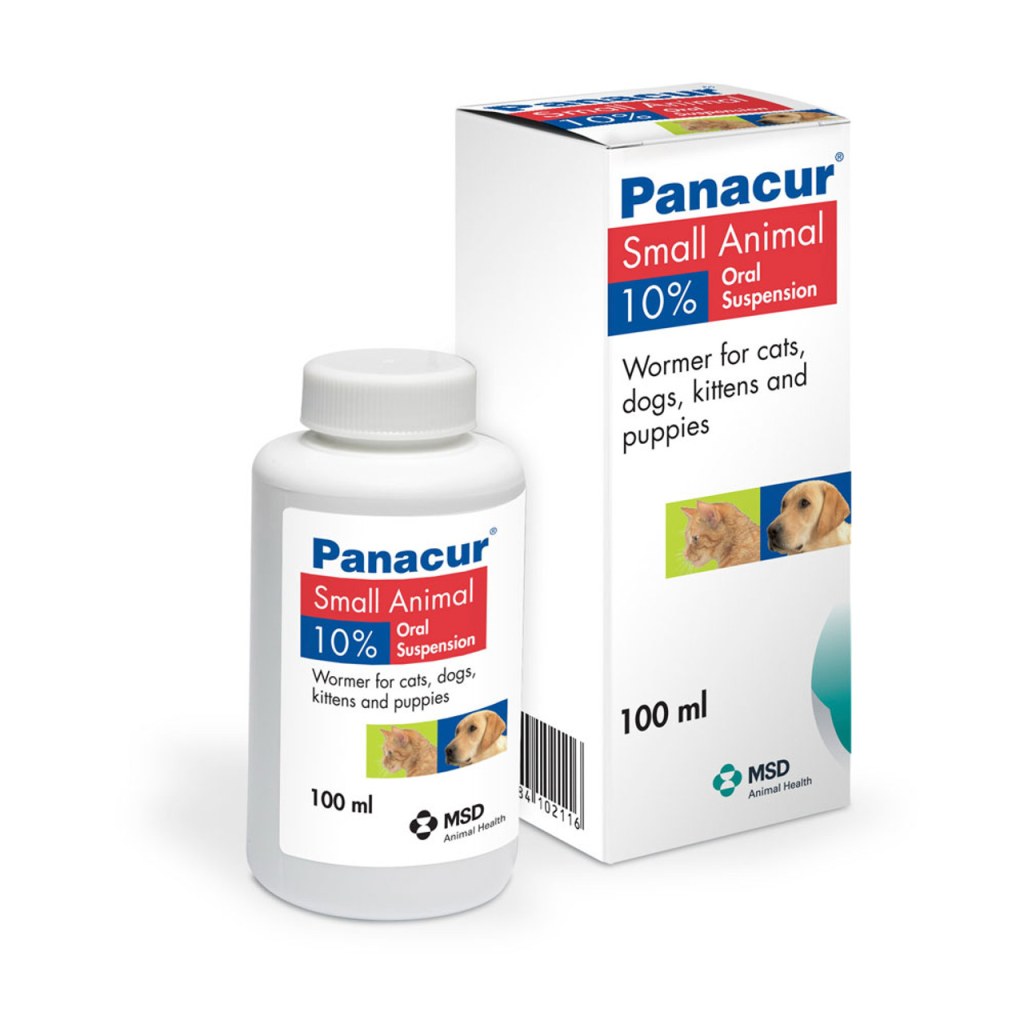Discover The Surprising Side Effects Of Panacur On Puppies: Protect Your Furry Friends Now!
Panacur Side Effects in Puppies: What You Need to Know
Introduction
Welcome, Puppies Lover! If you’re a proud pet owner or a soon-to-be one, it’s essential to be aware of any potential side effects that medications may have on your furry friends. In this article, we will delve into the topic of Panacur side effects in puppies, a commonly prescribed deworming medication. Understanding the possible risks can help you make informed decisions about your puppy’s healthcare. So, let’s explore the world of Panacur side effects and ensure the well-being of our adorable companions.
1 Picture Gallery: Discover The Surprising Side Effects Of Panacur On Puppies: Protect Your Furry Friends Now!

What is Panacur?
Panacur, also known as fenbendazole, is a popular veterinary medication used to treat a variety of parasite infections in puppies. It is highly effective against common gastrointestinal worms, including roundworms, hookworms, whipworms, and tapeworms. However, like any medication, Panacur may come with potential side effects that should not be overlooked.
Who Can Administer Panacur?

Image Source: bigcommerce.com
Panacur should only be administered under the guidance of a veterinarian. They will determine the appropriate dosage based on your puppy’s age, weight, and specific health requirements. Never attempt to self-diagnose or treat your puppy with Panacur without professional advice. Remember, your veterinarian is your trusted partner in ensuring the optimal health of your furry companion.
When Should Panacur be Used?
Panacur is commonly prescribed for puppies as young as two weeks old to treat and prevent parasitic infections. Puppies are highly susceptible to worms, as they can be transmitted through their mother’s milk or the environment. Regular deworming with Panacur is crucial to eliminate these parasites and keep your puppy healthy. Consult your veterinarian to establish a deworming schedule appropriate for your puppy’s needs.
Where Can I Get Panacur?
Panacur is a prescription medication and can be obtained from your veterinarian or a reputable pet pharmacy. It is essential to source Panacur from reliable and authorized suppliers to ensure its quality and effectiveness. Avoid purchasing medications from unverified online platforms, as they may sell counterfeit products that could harm your puppy’s health.
Why Are Side Effects Possible?
While Panacur is generally considered safe when administered correctly, it can still cause side effects in some puppies. This is because the medication works by targeting and eliminating parasites, which can sometimes cause mild discomfort or adverse reactions. However, it is crucial to note that these side effects are usually temporary and outweighed by the benefits of treating the underlying parasitic infection.
How Can I Minimize Side Effects?
To minimize the potential side effects of Panacur, it is essential to follow your veterinarian’s instructions precisely. Adhere to the prescribed dosage and duration of treatment. Additionally, ensure your puppy receives proper nutrition and hydration during the treatment period. If you notice any concerning symptoms or unusual behavior in your puppy, contact your veterinarian immediately for further guidance.
Advantages and Disadvantages of Panacur
Advantages:
Effectively eliminates a wide range of gastrointestinal worms
Safe for use in puppies as young as two weeks old
Available in various formulations for easy administration
Recommended by veterinarians worldwide
Minimizes the risk of worm-related health issues in puppies
Disadvantages:
Possible side effects, although usually temporary and mild
Requires veterinary prescription
May not be suitable for puppies with certain health conditions
Must be administered as per precise dosage and treatment duration
Some puppies may be resistant to fenbendazole
Frequently Asked Questions (FAQs)
1. Can Panacur be used in pregnant dogs?
No, Panacur is not recommended for use in pregnant dogs. Consult your veterinarian for alternative treatment options.
2. Are there any drug interactions with Panacur?
While Panacur generally has no known drug interactions, it is always best to inform your veterinarian about any other medications your puppy is currently taking.
3. Can Panacur be given to nursing puppies?
Panacur can be safely administered to nursing puppies, as it does not pass into the mother’s milk. However, consult your veterinarian for the appropriate dosage and timing.
4. Are there any long-term side effects of Panacur?
No long-term side effects have been reported with the correct use of Panacur. However, it is always essential to monitor your puppy’s health and seek veterinary advice if any concerns arise.
5. Can I purchase Panacur without a prescription?
No, Panacur is a prescription medication and should only be obtained through a veterinarian or licensed pharmacy.
Conclusion
Now that you are familiar with the potential side effects of Panacur in puppies, you can make informed decisions about their healthcare. Remember to always consult your veterinarian for guidance and follow their instructions precisely. Panacur, when used correctly, can effectively eliminate parasitic infections and contribute to your puppy’s overall well-being. By prioritizing their health, you are ensuring that your furry friend leads a happy and healthy life by your side.
Final Remarks
Disclaimer: The information provided in this article is for educational purposes only and should not replace professional veterinary advice. Always consult with a qualified veterinarian for diagnosis, treatment, and personalized guidance regarding your puppy’s health.
This post topic: Puppies



